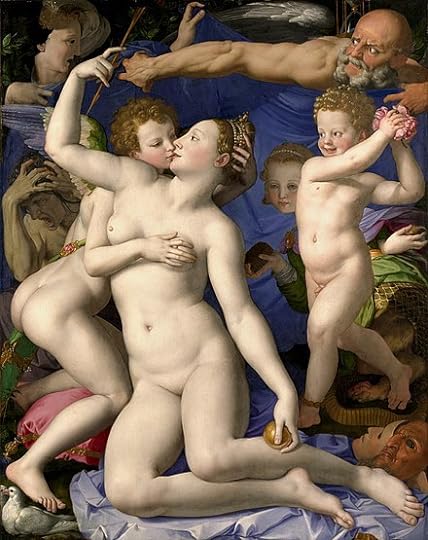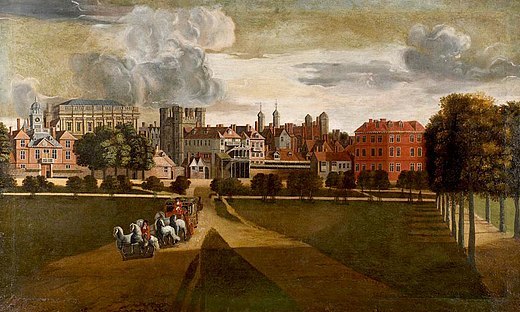The object in question appears rather clumsy when compared to the sleek and elegant bell. Yet, despite its ungainly appearance, it has a certain charm that is quite absorbing. One might initially overlook it due to its lack of visual appeal, but upon closer inspection, there are details and qualities that draw the eye. It may not possess the grace and beauty of the bell, but it compensates with a unique allure that keeps one engaged. Its clumsiness反而 adds to its character, making it stand out in a different way.
Please note that the expansion is based on the assumption that the text is about comparing an object to a bell and highlighting its unexpected absorbing quality despite being clumsy. If the original context was different, the rewritten text may need to be adjusted accordingly.
















